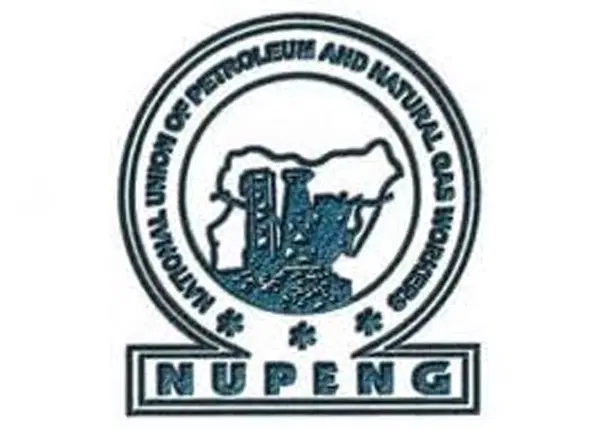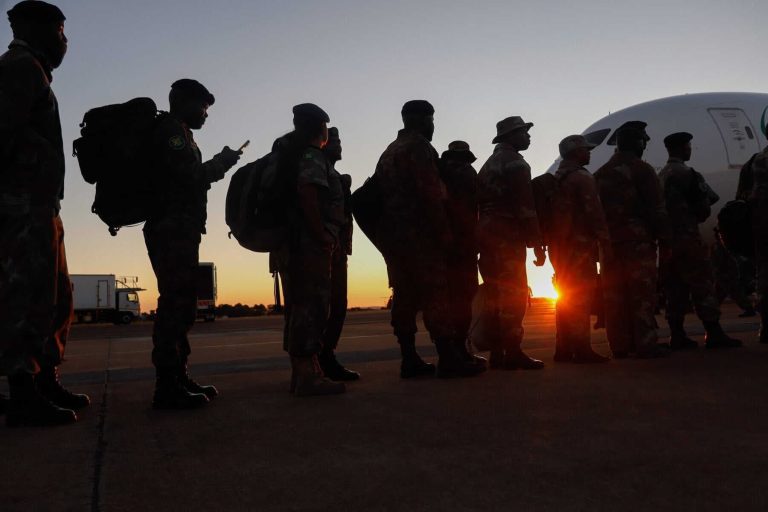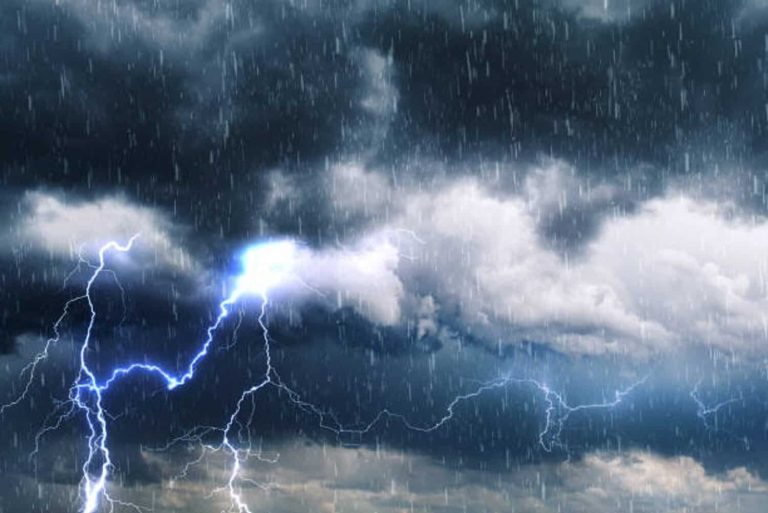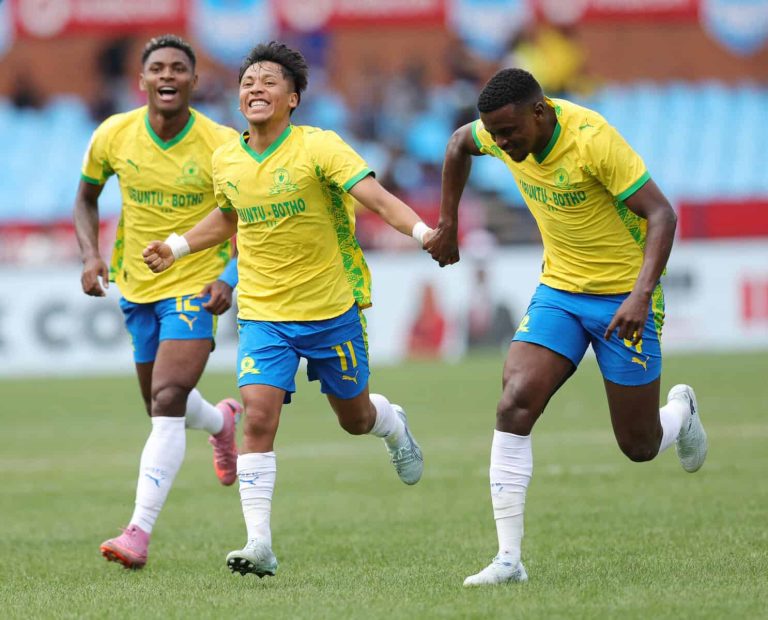
Nigeria may be on the brink of a fresh fuel crisis as the Nigeria Union of Petroleum and Natural Gas Workers (NUPENG) commenced an indefinite strike on Monday, September 8, 2025, despite last-minute appeals by the Federal Government.
The union’s action comes in protest against what it describes as anti-labour practices by the Dangote Petroleum Refinery, particularly the company’s plan to deploy 4,000 Compressed Natural Gas (CNG)-powered trucks while allegedly barring the newly hired drivers from joining any trade union.
NUPENG President, Williams Akporeha, confirmed that although the union had received overtures from both the Federal Government and the Nigerian National Petroleum Company Limited (NNPC), the strike would go ahead as planned until concrete resolutions are reached.
“Yes, the strike begins this morning. The Minister of Labour has invited us for a meeting in Abuja, but there is nothing tangible yet. We will not call off the strike until there’s a satisfactory agreement,” Akporeha told journalists on Sunday night.
Protest Rooted in Dangote’s Trucking Strategy
At the heart of the dispute is Dangote Refinery’s decision to bypass independent fuel transporters by directly distributing its products using its own fleet of CNG trucks. The refinery had scheduled the rollout for August 15, but it was delayed due to logistics challenges in China. However, operations are expected to start as soon as a significant number of the trucks arrive.
NUPENG argues that this move threatens the livelihood of members of its Petroleum Tanker Drivers (PTD) branch, as Dangote reportedly insisted that drivers hired for the project must not join any existing union. This, the union claims, violates constitutional rights and international labour conventions to which Nigeria is a signatory.
“We’ve held multiple meetings with Dangote and the Nigerian Association of Road Transport Owners to address this. But all appeals were ignored. Even MRS, reportedly owned by Dangote’s cousin, has begun recruiting drivers on condition that they sign documents pledging not to join any oil and gas union,” a joint statement from NUPENG’s leadership said.
As a result, tanker drivers under NUPENG have been directed to halt all fuel loading activities from depots nationwide starting Monday.
Marketers, Stations Brace for Shutdown
Petroleum marketers under the Petroleum Products Retail Outlet Owners Association of Nigeria (PETROAN) have thrown their weight behind the strike, warning that filling stations across the country may be forced to shut down.
Billy Gillis-Harry, President of PETROAN, said in an interview that the union’s action poses a “clear and present danger” to fuel distribution.
“Some of our pump attendants are NUPENG members. If they’re on strike, we can’t operate safely. We’re suspending lifting and dispensing operations for three days starting Tuesday, September 9,” he announced.
Gillis-Harry added that the Dangote Group’s approach to fuel distribution poses a long-term threat to small businesses and independent marketers, calling it a move toward monopoly in the downstream sector.
Government Appeals for Calm
Reacting to the looming crisis, the Minister of Labour and Employment, Muhammad Dingyadi, called for an emergency conciliation meeting in Abuja and urged the union to suspend its action.
In a statement released by the Ministry’s spokesperson, Patience Onuobia, the minister warned that a disruption in the petroleum supply chain would have severe consequences on the economy and the public.
“Even a one-day strike in the petroleum sector will cause hardship for Nigerians and result in massive revenue losses. We’re appealing for restraint while the government works to resolve the issues amicably,” Dingyadi stated.
The Nigeria Labour Congress (NLC), meanwhile, has activated a “red alert” to all affiliate unions, signaling possible escalation if the government fails to act decisively.
Legal and Human Rights Concerns
Renowned human rights lawyer and Senior Advocate of Nigeria (SAN), Femi Falana, has also waded into the matter, condemning Dangote Group’s alleged ban on union membership as unconstitutional and unlawful.
In a strongly worded statement, Falana cited several legal frameworks including Section 40 of the 1999 Constitution, ILO Conventions 87 and 98, and the Trade Union Act, insisting that every worker has a right to freely associate and unionise.
“The Registrar of Trade Unions must immediately call Dangote to order. This is a direct affront to Nigerian law and international obligations. The Federal Competition and Consumer Protection Commission should also investigate potential monopolistic practices,” Falana said.
NUPENG Rejects Rival Drivers’ Group
NUPENG has also dismissed statements issued by the so-called Direct Trucking Company Drivers Association (DTCDA), a group allegedly created by Dangote management to discredit the strike.
The union described the DTCDA as a “ghost organisation” and alleged that its spokesperson, Enoch Kanawa, is a lawyer with no legitimate ties to petroleum trucking.
“DTCDA is a product of the Dangote refinery. It shares the same registered address with MRS Energy Ltd. This is a desperate attempt to divide our ranks, but it won’t work,” NUPENG’s leadership said.
Civil Society Divided
Meanwhile, the Economic Rights Activists (ERA) held a press conference in Abuja, calling the strike “reckless” and accusing labour unions of attempting to sabotage Nigeria’s drive toward fuel self-sufficiency.
Josiah Inuwa, Executive Director of ERA, warned that the strike would lead to hyperinflation, disrupt healthcare services, and cripple small businesses.
“This is not a fight for justice; it’s a direct assault on ordinary Nigerians. The teacher in Kaduna, the okada rider in Enugu, and the pepper seller in Osun will pay the price,” Inuwa said.
He called on President Bola Tinubu, the National Assembly, and regulatory agencies to step in and prevent what he termed “union blackmail,” urging NUPENG to return to the negotiation table.
What’s Next?
As tension rises, all eyes are on the outcome of Monday’s meeting in Abuja. The oil and gas sector the backbone of Nigeria’s economy hangs in the balance, with potential ripple effects on transport, power supply, and inflation if the impasse is not resolved quickly.



